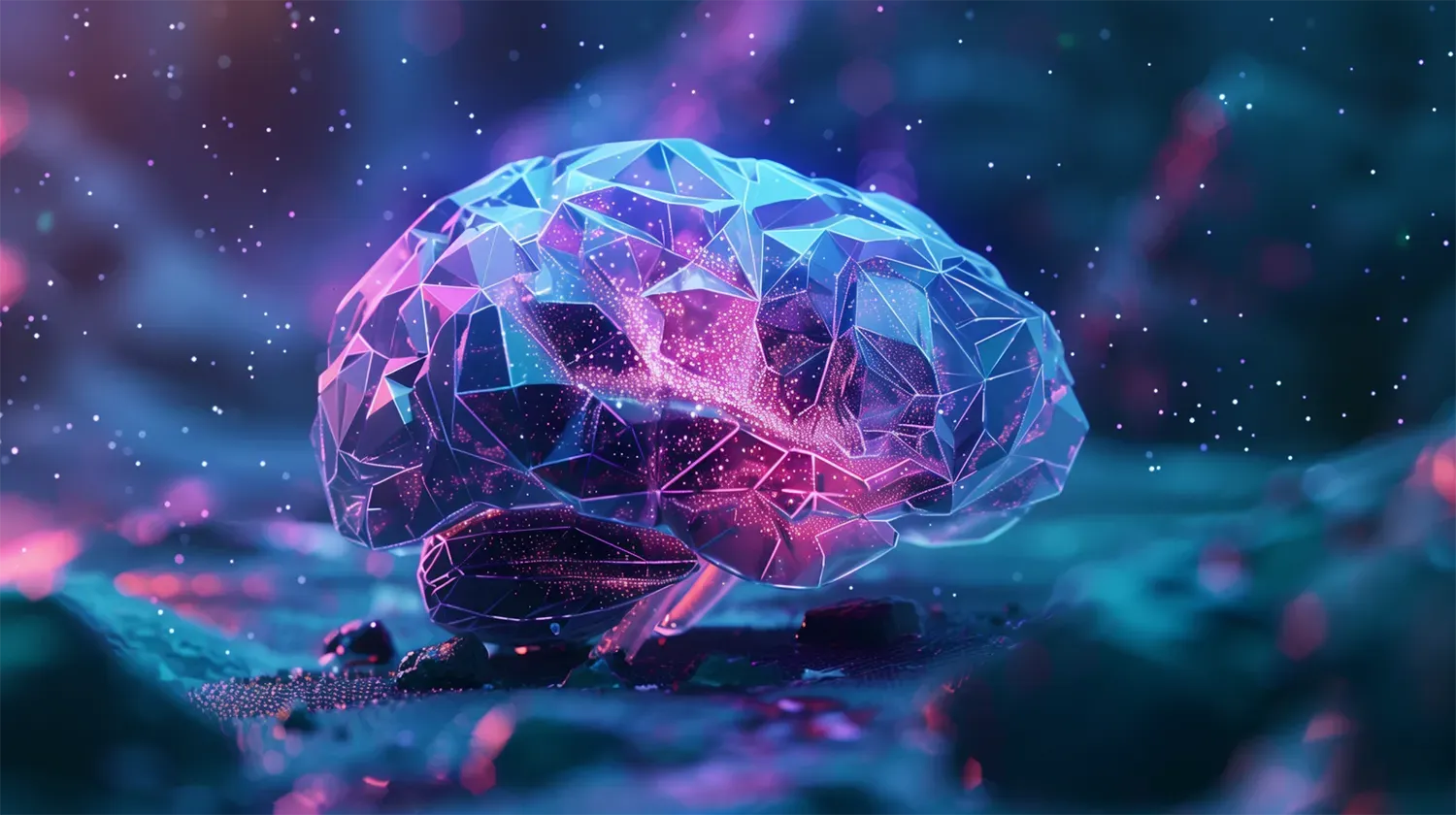Understanding the Elements of Artificial Intelligence

Artificial Intelligence is here to stay. The development of AI is speeding up on a daily basis. Only recently, Google’s DeepMind created the AI AlphaStar that secured a decisive victory against two grandmaster players of the game of StarCraft II. In a series of test matches they played, the algorithm won 5-0.
This victory is a decisive moment for artificial intelligence, as the game of StarCraft II is fundamentally more difficult than the other games where Deepmind’s algorithm already claimed victory. Video games such as Atari, Mario, Quake III or Dota II are a lot less complex than StarCraft II. It is therefore remarkable that the AI, using a deep neural network that is trained directly from raw game data by supervised learning and reinforcement learning, managed to rival and surpass the skill of professional players.
The game requires a combination of changing short-term and long-term goals, adaption to unexpected events and situations with imperfect information. To achieve victory, the developers had to find solutions in fields such as game theory, long term planning (since cause-and-effects are not instantaneous in the game) and real-time actions. The developers of behind AlphaStar believe that the techniques used in this AI can also be relevant for solving other complex problems. Day by day, AI is becoming more intelligent and better adaptable to a complex situation.
With AI being developed at such speed, it is difficult to keep up with all the changes. However, having at least a basic understanding of what artificial intelligence is and what it is capable of, becomes more and more required in today’s society. To better understand AI, you can read books such as SuperIntelligence by Nick Bostrom, Applied Artificial Intelligence: A Handbook For Business Leaders by Mariya Yao, Adelyn Zhou and Marlene Jia, or AI Superpowers: China, Silicon Valley, and the New World Order by Kai-Fu Lee.
However, often these books, and many others, are only useful if you already have at least a basic understanding of artificial intelligence. Often, the reality is different. Most people have a very narrow understanding of what AI is, and what not, and what AI can do, and cannot do. They have not heard about concepts such as deep learning, neural networks or reinforcement learning, while a basic understanding of AI can help in thinking how AI could improve your life and work.
Therefore, I was pleased to learn that the government of Finland has launched a free initiative to help people better understand what artificial intelligence is. The objective is to teach 1% of the country’s population, about 55.000 Finns, the basics of AI and gradually expand that number. Their Elements of AI course is now being rolled out nationally and internationally, allowing anyone to participate in the course. Currently, the only languages are Finnish and English, but more are coming soon.
The government has a clear economic incentive with teaching thousands of Finns the basics of AI. Its objective is to ensure Finland remains competitive in the rapidly changing world order, where USA and China are in an AI arm’s race. Although I do have an understanding of the basics of AI, I have started the course myself, and I can really recommend it to anyone interested in learning more about AI. You can find the course at Elements of AI Enjoy!
Image: Elements of AI





